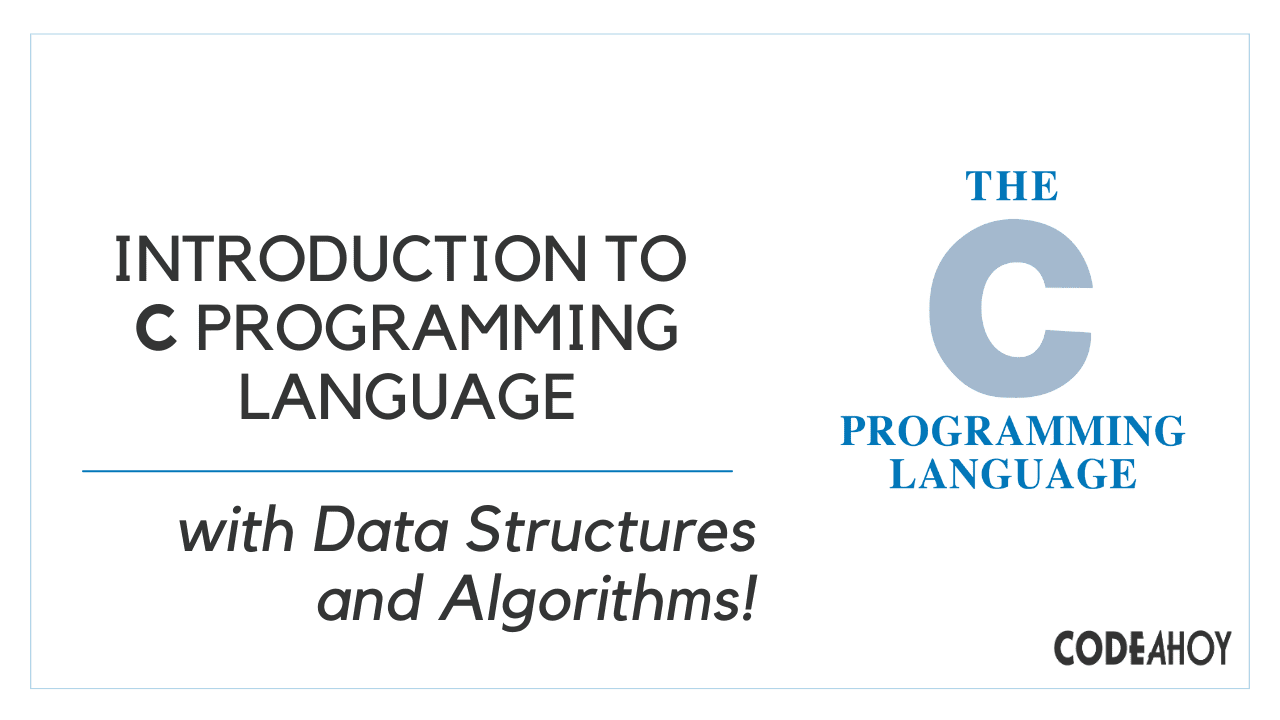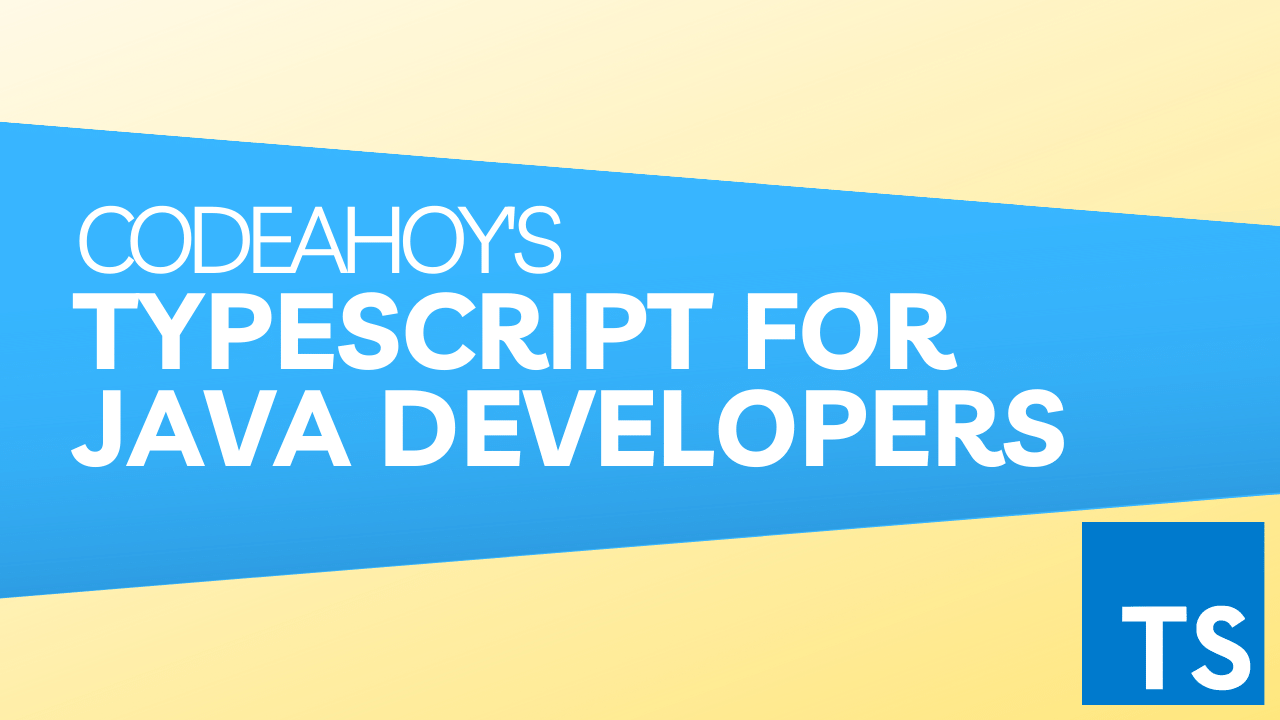Books / Ruby for Beginners / Chapter 14
Ternary Operator in Ruby
Ternary operator is quite useful feature of any language, and it’s implemented in Ruby the same way as it is implemented in C, Java, Python, JavaScript and so on. Some programmers use this operator for a long time, but don’t familiar with its name. But we recommend to remember its name, because it’s always nice to use correct naming and show your knowledge when speaking to a colleague:
Dear colleague, why don’t we just replace this beautiful branching with ternary operator?
Despite the scary name, syntax is pretty straightforward:
something_is_truthy ? do_this() : else_this()
For example:
is_it_raining? ? stay_home() : go_party()
Which is 100% the same as the following code, but with “if…else”:
if is_it_raining?
stay_home()
else
go_party()
end
Note that you can always omit empty parentheses in Ruby in favor of code readability. Parentheses just indicate that we’re calling a method with no arguments (parameters). But Ruby is smart enough to understand what we mean:
if is_it_raining?
stay_home
else
go_party
end
Or just:
is_it_raining? ? stay_home : go_party
Note double question mark in one-line above. We did in intentionally, and we just assume that there is a method with question mark defined somewhere, like this (we’ll cover methods definition later in this book):
def is_it_raining?
# ... do something, like call to external weather service ...
end
Method is_it_raining? always returns “true” or “false”, in other words Boolean type (we invented this type in previous chapters). And Ruby’s naming conventions say that if method returns Boolean, we should define this method with question mark at the end, so it looks like question in plain English: “Is it raining?”.
But if result depends on some variable, one-liner ternary operator may look like (note one question mark only, the mandatory question mark for ternary operator):
x ? stay_home() : go_party()
Or just:
x ? stay_home : go_party
As you can see from examples above, ternary operator has more compact syntax and can save us couple of lines on the screen – your program will look less lengthy, and (hopefully) more readable to you and your fellow colleagues. But the disadvantage of ternary operator is that it only looks neat when you need to perform one instruction. It’s better to use “if…else” when you need to do something complex.
Result of operation can be also saved to variable. In the example below we save result of ternary expression to result variable:
x = is_it_raining?
result = x ? stay_home : go_party
result will now keep the return value of stay_home or go_party method. In example above result could be the number of drinks one drunk1: “if I stay home, I will watch Netflix and will drink from 0 to 1 beer; but if I go party I will drink from 1 to 2 beers”. So result will keep just the number in our example, and x variable will hold “true” or “false” indicating if it is raining outside.
Two lines above can be rewritten with “if…else” clause:
x = is_it_raining?
result = if x
stay_home
else
go_party
end
Exercise Rewrite the following examples with ternary operator:
Example 1:
if friends_are_also_coming?
go_party
else
stay_home
end
Example 2:
if friends_are_also_coming? && !is_it_raining
go_party
else
stay_home
end
-
We hope you’re yoga-mantras-smoothie-falafel person and don’t drink alcohol? ↩




